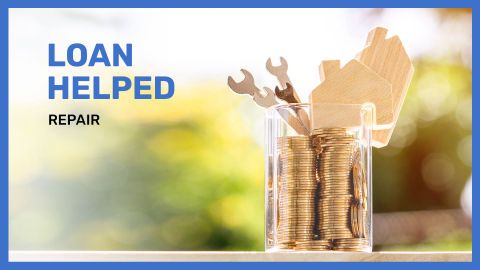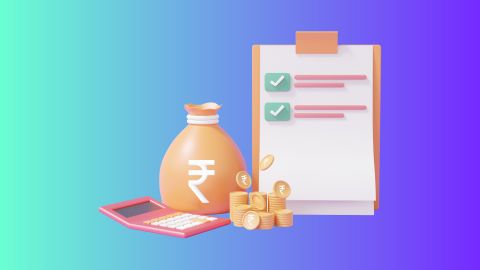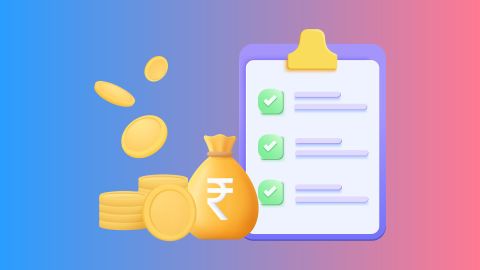When managing personal finances, one important decision borrowers face is whether to repay their loans early. Early loan repayment can be appealing as it often promises financial freedom and savings on interest. However, it's not always straightforward. Various factors come into play, including potential penalties, effects on your credit score, and the specifics of the loan agreement. In this comprehensive guide, we'll explore the implications of early loan repayment, helping you determine if it's a beneficial move for you.
Can we pay the loan amount in advance? Learn the benefits of early loan repayment and get tips on repaying your loan faster while saving on interest and avoiding penalties.
What is a prepayment penalty?
A prepayment penalty is a fee charged by lenders if you pay off your loan before the agreed-upon term ends. This penalty compensates the lender for the interest income they would have earned if you had continued making payments as scheduled. Prepayment penalties can vary in structure. Some are a fixed percentage of the remaining balance, while others are based on the number of months of interest or a set dollar amount.
Before making an early repayment, it's crucial to review your loan agreement to understand if a prepayment penalty applies and how much it will be. In some cases, lenders may offer a grace period during which you can repay the loan early without incurring penalties, so be sure to inquire about such provisions.
How to calculate if it’s worth it?
To decide whether early repayment is financially beneficial, follow these simple steps:
- Calculate total interest savings: Determine how much interest you would save by paying off the loan early.
- Subtract prepayment penalties: Deduct any fees or penalties associated with early repayment.
- Compare with other financial goals: Assess if the early repayment aligns with your other financial priorities and needs.
By following this approach, you can make an informed decision about whether early repayment is financially beneficial for you.
Is early loan repayment good for borrowers?
Repaying a loan early can be advantageous for several reasons. Primarily, it can reduce the total interest paid over the life of the loan. By settling the debt sooner, you cut down on the interest that accrues, potentially saving hundreds or even thousands of dollars. Additionally, early repayment can alleviate financial stress and improve your overall financial health, freeing up resources for other investments or expenses.
However, early repayment might not always be the best option. It's crucial to consider the terms of your loan and your financial situation. For some loans like a personal loan, early repayment may come with penalties or fees that could offset the benefits of paying off the loan early. Furthermore, it's essential to ensure that early repayment aligns with your long-term financial goals, such as saving for retirement or investing in opportunities.
Pros:
Interest savings: Paying off your loan early can reduce the total interest paid, saving you money.
Improved financial health: Eliminating debt early can improve your financial stability and reduce monthly expenses.
Increased flexibility: Without monthly loan payments, you may have more financial freedom to invest or save.
Cons:
Prepayment penalties: Some loans include fees for early repayment, which can negate the benefits.
Potential credit impact: Early repayment might temporarily affect your credit score or credit history.
Opportunity cost: Using funds to pay off a loan early might mean missing out on other investment opportunities with higher returns.
How are personal loans different from other debts?
Personal loans differ from other types of debt, such as credit card debt or mortgages, in several ways. Personal loans are typically unsecured, meaning they are not backed by collateral, and usually have fixed interest rates and repayment terms. This contrasts with secured loans like mortgages, where the property serves as collateral, and credit card debt, which often carries variable interest rates and revolving credit limits.
Personal loan interest rates are lower compared to credit cards. Understanding these differences can help you make a more informed decision about whether to repay your personal loan early.
Conclusion
Early loan repayment offers a range of potential benefits, from saving on interest to improving financial health. However, it’s essential to carefully consider your loan terms, including any prepayment penalties, and evaluate how early repayment aligns with your overall financial goals. By understanding the impact on your credit score and weighing the pros and cons, you can make a well-informed decision about whether early repayment is the right choice for you.




